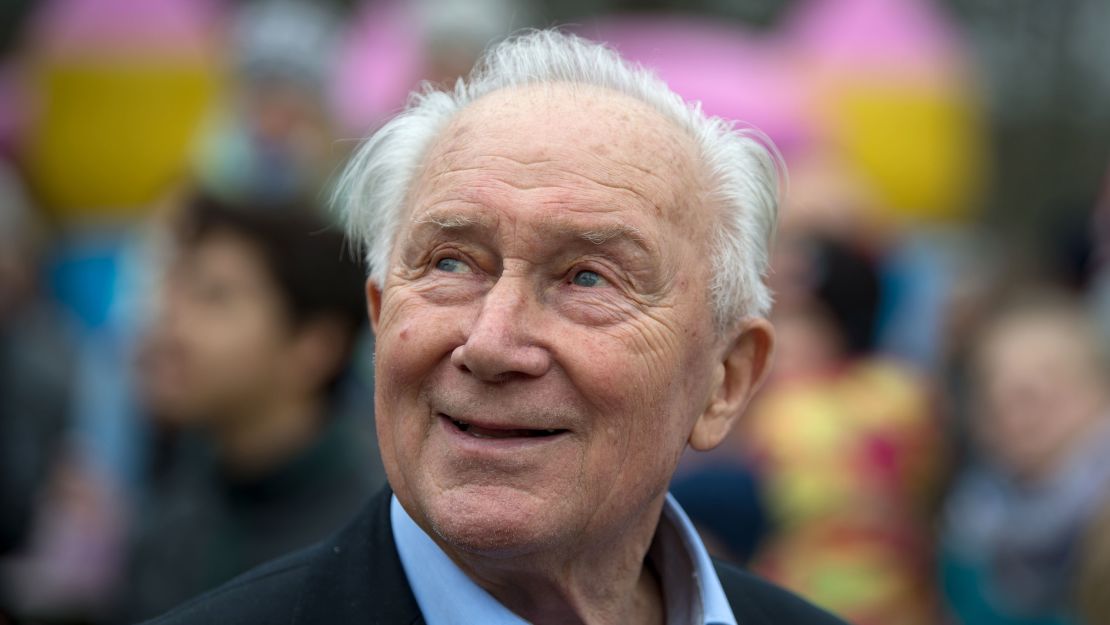Sigmund Jähn, the first German to enter space, has died, the German Aerospace Center (DLR) announced on Sunday.
“It is with great sadness that the Executive Board and staff of the German Aerospace Center (Deutsches Zentrum für Luft- und Raumfahrt; DLR) have learned of the death of Sigmund Jähn, the first German to go into space,” the center said in a statement. “He passed away on 21 September 2019,” the DLR added.
Jähn, who died aged 82, became the first German cosmonaut when he traveled to space with Soviet cosmonaut Valery Bykovsky aboard Soyuz 31 on August 26, 1978.
The cosmonaut joined the East German air force in 1955 and became a pilot and military scientist.
He later studied at the Gagarin Military Air Academy in the Soviet Union in 1966, and in 1976 was selected to train as the first cosmonaut in the Intercosmos spaceflight program – a program that placed non-Soviet cosmonauts with Soviet cosmonauts to demonstrate solidarity with Warsaw Pact states.

Following his spaceflight, he was awarded the prestigious Order of Lenin award and named a Hero of the Soviet Union.
“With the death of Sigmund Jähn, German space research has lost a world-renowned cosmonaut, scientist and engineer,” Pascale Ehrenfreund, chair of the DLR executive board, said in a statement.
“The first German to go into space always saw himself as a bridge builder between East and West and an advocate for the peaceful use of space,” Ehrenfreund added.
“We will preserve and perpetuate this message, for Earth and space, in his memory,” she said.
The term “cosmonaut” is commonly used for Soviet, and later Russian, individuals who travel into space, whereas “astronaut” is used for those from the United States, Canada, Europe and Japan.





